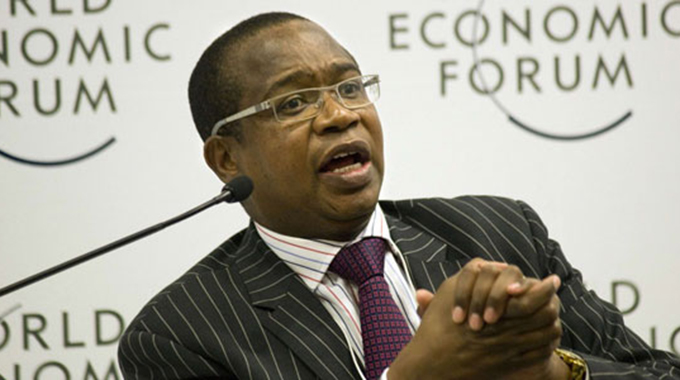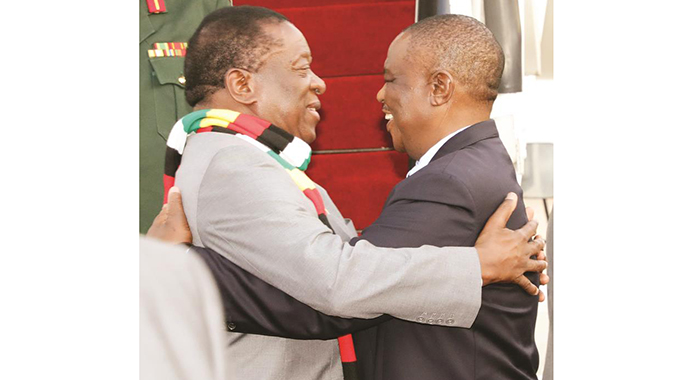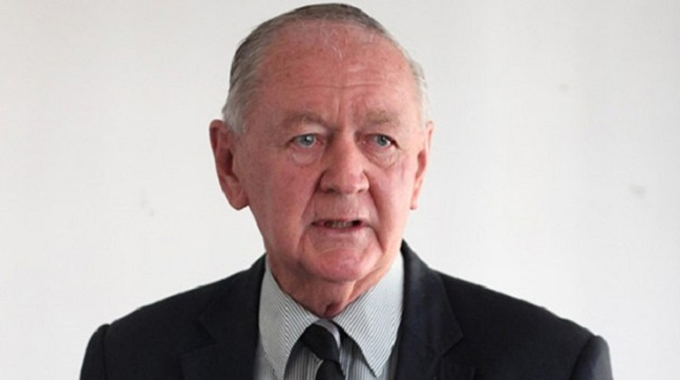EDITORIAL COMMENT: Budget: Defining week for Prof Ncube

There is no doubt that this is a defining week for Finance and Economic Development Minister Professor Mthuli Ncube.
It is a week in which he is likely to lose more friends and at the same time has an opportunity to make many new ones.
Budget time is always a tough time for a Finance Minister, ask past ministers like Cde Patrick Chinamasa and they are quick to testify to this. We are fully aware that Prof Ncube cannot please everyone, but at least he is expected to present measures that provide answers to some of the problems affecting the economy.
So, on Thursday, Prof Ncube faces an expectant nation as he presents the 2019 National Budget in Parliament. Usually, everything comes to a standstill a few weeks before the National Budget is announced.
Everyone wants to be guided by the Budget to make their financial decisions and, by the way, even companies wait upon the Budget to find out how they will pay annual bonuses.
In short, the National Budget strides across all facets of the country’s sectors.
Prof Ncube will be out to prove his mettle through this National Budget, especially by focusing on providing answers to questions people have been asking in the last few weeks.
Expectations are already very high, as the Budget comes on the back of the Transitional Stabilisation Programme (TSP) announced by Prof Ncube recently. There are immediate problems affecting the economy at the moment which people are hoping the Budget will provide some answers to.
One of the immediate problems in the economy relates to price increases that have been effected in recent months. There is no doubt that the buying power of the majority has been drastically eroded, as many are now finding it difficult to cope with the unwarranted price increases.
Prices of goods and services have shot up while salaries and wages have remained stagnant. There is need for the Budget to provide measures that will help stabilise prices, or at least return them to those obtaining a few months ago.
A number of retailers in all sectors are charging a four-tier pricing system in which they have different prices for the same item in United States dollars, bond notes, EcoCash and Point of Sale machines.
This system has seen those using bond notes, EcoCash and POS being charged far more than the cost in US dollars. This is despite that the fuel sector has managed to maintain prices at the same level, regardless of the mode of payment.
So, the major concern in this case is the exchange rate. Prof Ncube has explained several times that Zimbabwe recently received a loan from Afreximbank to back the exchange rate at 1:1, but this seems to have been ignored on the ground.
The National Budget should also fix the cash shortages that have been bedevilling the economy for a long time.
The availability of cash on demand by depositors adds more confidence in the economy, and helps in assuring investors of stability.
Of course, we are aware that some of the problems affecting the availability of foreign currency have to do with the low industrial production the country faces.
We hope that Prof Ncube will be able to chart out a clear trajectory on the retooling of industry to increase output and thus boost exports that earn the country more foreign currency.
Industrial production will also have ripple effects in solving other issues like lack of jobs.
This is the first Budget Statement since President Mnangagwa got his first full term following the July 30 harmonised elections.
President Mnangagwa has set his vision to have Zimbabwe achieve an upper middle-income economy status by 2030.
This Budget should set the tone towards achieving that vision through tackling issues like the fiscal deficit, growing the revenue base, reviewing the tax system and many other necessary reforms.










Comments